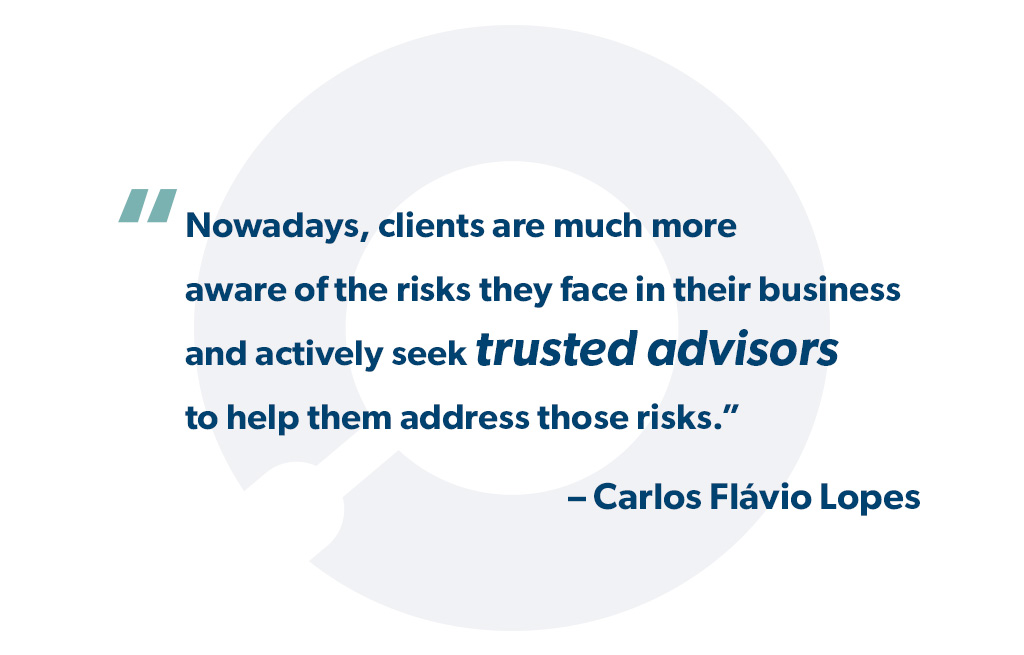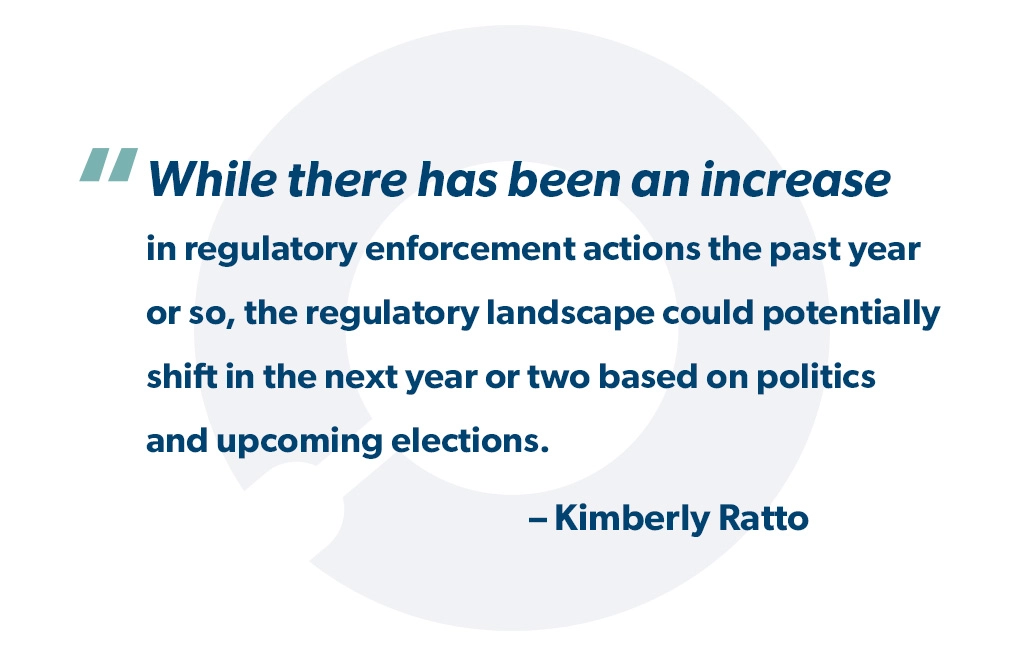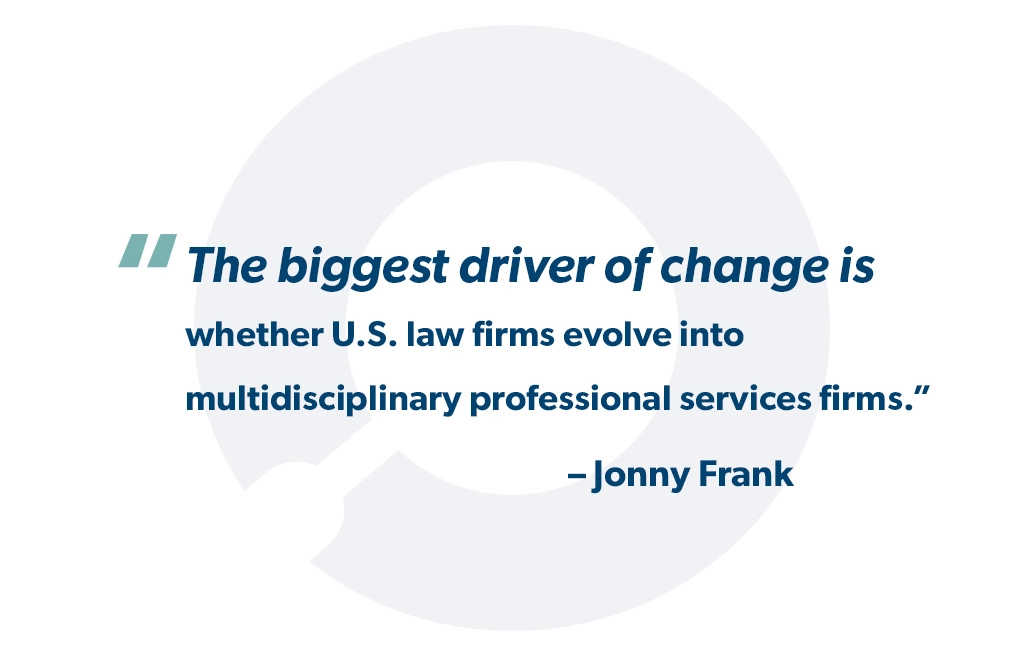As StoneTurn celebrates two decades in business, our professionals reflect on the industry’s evolution, and look to the future for predictions on the market, the profession, and what challenges and opportunities are on the horizon.
Carlos Flavio Lopes, São Paulo
What has been the biggest shift in working on cases in Latin America over the course of your career?
I started my career working only on due diligence matters for clients interested in investing in Latin America. Over time, I started working on more complex cases like fraud investigations and multijurisdictional asset searches. Having worked in this field in Latin America for 14 years now, I have seen our clients become more sophisticated. Ten years ago, we would frequently have to educate clients on how internal investigations should be conducted, the importance of implementing the proper controls against fraud and corruption, and the limits of what can and should be done in a pre-investment due diligence assessment. Nowadays, clients are much more aware of the risks they face in their business and actively seek trusted advisors to help them address those risks. I have also observed changes in our client base. When I started off, most of the clients interested in risk consulting were multinationals or large foreign companies with interests in Latin America. More recently, local companies represent a significant portion, if not the majority, of our clients.
Where do you hope to see the consulting industry in 5 years?
I see us as problem-solvers and advisors for our clients. In 5 years, I expect that we will increasingly see problems that demand solutions involving technology. AI and data analytics are already a part of our daily life as consultants, whether we are working on investigations or analyzing the risks associated with potential business opportunities for our clients. Regarding the industry itself, I hope to see more consultants and firms adopting a people-first culture like we have at StoneTurn.
Kimberly Ratto, San Francisco
What types of trends do you see persisting or impacting forensic accounting for the long-term?
I think the use of data analytics in identifying and investigating accounting related issues is only going to increase. Data analytics practices are becoming more prominent in law firms and even in the regulatory space which is beneficial in some respects because it may lead to better identification of issues that StoneTurn can be leveraged to investigate, etc., but it also means internal practices are being built that may fill a gap where StoneTurn previously stepped in with regard to data analytics.
How about the regulatory landscape?
There continues to be a focus on disclosures in various areas and more scrutiny on investment advisors and companies and self-regulating organizations such as the security exchanges. While there has been an increase in regulatory enforcement actions the past year or so, the regulatory landscape could potentially shift in the next year or two based on politics and upcoming elections.
Jonny Frank, New York
What types of trends do you see persisting or impacting consulting for the long-term?
One hires a consultant when you either cannot do something or do not want to do something. That will not change, but the factors operating in the background will.
For example, law firms previously did not pay much attention to remediation and compliance. Now, they’re increasingly more involved. For a business like ours, law firms are like primary care physicians: they refer their clients to specialists, or firms like StoneTurn, to help with the most complex issues. In order to stay relevant, we need to continue to enhance our skills and areas of compliance, helping lawyers and others appreciate our specialist capabilities.
Looking into your crystal ball, tell us what you think the biggest drivers of change will be in 10 years?
The biggest driver of change is whether U.S. law firms evolve into multidisciplinary professional services firms. In some states, non-lawyers can own law firms. This is also prevalent in the U.K., which opens the door for law firms to become multidisciplinary firms. This presents challenges and opportunities for us, and the laggards will be those who are not innovating and finding new ways to add value.











